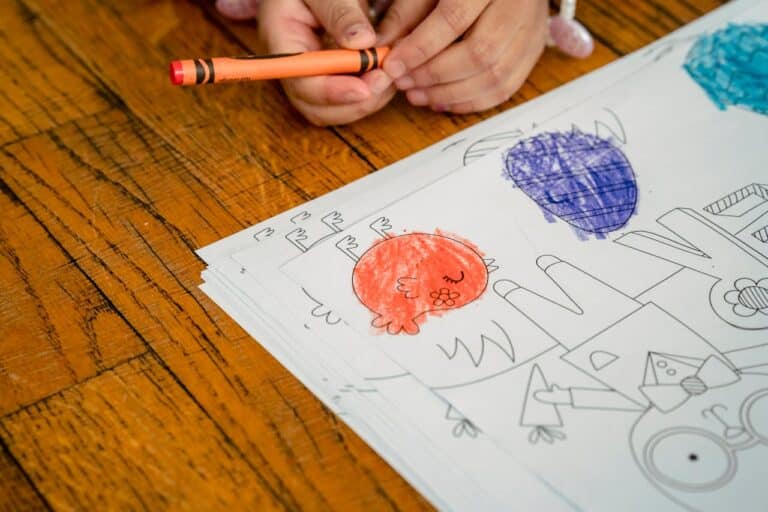Real-Life Examples and Accommodations That Work
Some kids are sensitive to loud noises. Others can’t focus unless they’re moving. Some chew on their sleeves or hate tags in their clothes. These aren’t just quirks—they may be signs of sensory processing differences.
When the brain has trouble receiving or responding to sensory input (like sounds, lights, movement, or touch), it can affect a child’s behavior, emotions, and ability to learn. Understanding sensory needs can help parents and teachers create environments where kids feel safe, focused, and successful.
🧠 What Is Sensory Processing?
Sensory processing is how the brain takes in and makes sense of the world through the senses:
- Sight
- Sound
- Touch
- Smell
- Taste
- Movement (vestibular)
- Body awareness (proprioception)
When sensory processing is intense, delayed, or inconsistent, kids may react in ways that seem confusing—but make perfect sense when we understand what’s going on underneath.
👀 Real-Life Examples of Sensory Processing Challenges
🚨 1. Loud Noises = Meltdowns
A child covers their ears and cries during school assemblies or fire drills. They may seem “overreactive,” but their brain is overwhelmed by sound input.
Try: Noise-canceling headphones, advance warning of loud events, or a quiet space to regroup.
🧍♂️ 2. Constant Movement in Class
A student keeps getting out of their seat, bouncing, or fidgeting. It may look like behavior issues—but they may need movement to stay regulated and focused.
Try: Flexible seating, standing desks, or fidget tools that don’t distract others.
👕 3. Clothing Feels “Wrong”
A child refuses to wear certain fabrics, complains about seams, or takes off their shoes constantly. This is often related to tactile sensitivity.
Try: Tagless clothing, seamless socks, or letting the child choose comfortable options within dress code guidelines.
🖍️ 4. Trouble with Writing or Cutting
Fine motor tasks like writing, using scissors, or tying shoes are frustrating. Kids may avoid these activities or act out when asked to do them.
Try: Occupational therapy support, pencil grips, or alternatives to handwriting like typing or voice-to-text.
🛠️ Easy Accommodations That Can Help
✅ Sensory Breaks
Allow short breaks during the day for movement, quiet, or calming activities.
🎧 Tools That Support Regulation
Headphones, chewy necklaces, weighted lap pads, or fidgets can help with focus and comfort.
🪑 Flexible Seating
Offer options like wobble stools, standing desks, or cushions to support body movement.
🧘 Build Self-Awareness
Help kids name what their body is feeling and explore strategies that work for them.
📝 Individualize When Possible
Not every tool works for every child. Sensory needs are unique—accommodations should be too.
💡 Final Thoughts
Sensory processing differences aren’t bad behavior or defiance—they’re a neurological difference that affects how a child experiences the world.
When we shift our lens from “what’s wrong?” to “what’s happening in their nervous system?” we can support kids with compassion and creativity.
Understanding a child’s sensory needs can unlock better behavior, more focus, and a greater sense of calm—for everyone involved.



